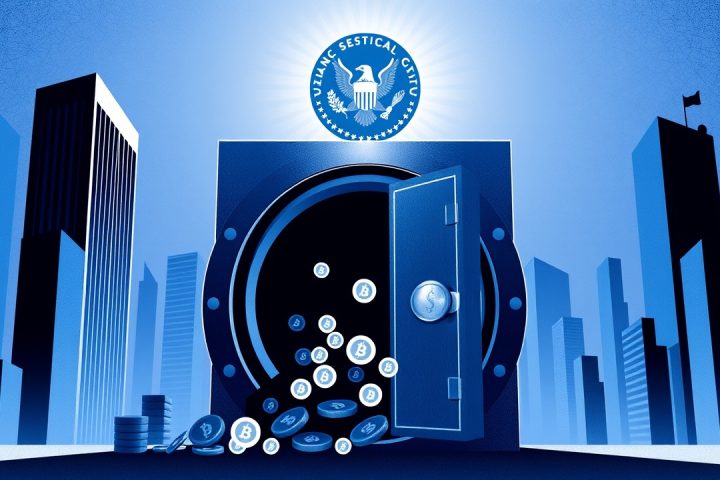Legislative Proposal Overview
A recent legislative proposal by a member of President Lula’s Workers’ Party aims to significantly reshape the landscape of cryptocurrency operations in Brazil, particularly targeting bitcoin mining and trading activities. Dubbed Bill 2766/2025, this initiative stipulates that all entities engaged in cryptocurrency mining must first obtain a license from a newly established regulatory body, named the Virtual Platforms and Institutional Traders Registration Institution.
Regulatory Changes
This move comes as Brazil looks to tighten its regulatory framework around digital currencies, aiming to build upon existing laws that currently address aspects of the cryptocurrency market. The proposal reflects a broader global trend towards stricter oversight of cryptocurrency operations.
Licensing Requirements for Miners
The bill indicates that any individual or company wishing to mine cryptocurrencies will have a grace period of 90 days to register. Failure to comply within this timeframe could lead to sanctions, such as the suspension of their operational activities. This requirement stands out as Brazil’s current regulations do not mandate such licensing for miners.
Notably, the proposal also allows the use of nuclear energy for mining, which could introduce new energy consumption dynamics in the sector.
Trading Standards
On the trading front, the bill seeks to implement rigorous standards for cryptocurrency traders. Should this legislation be enacted, traders would be required to obtain a License for Authorization to Speculate with Cryptocurrencies for Institutional Traders. This license will necessitate educational qualifications, including a higher education degree in capital markets or proof of competency through a written examination.
Additionally, to qualify, traders must also have a clean legal record, free from criminal convictions or pending legal issues.
Tax Implications
Crucially, the bill proposes that all profits from crypto asset trading within a single day would be liable for income tax, thereby establishing a direct taxation regime for cryptocurrency transactions.
Next Steps
For this bill to advance further, it must secure majority approval from Congress before it can be presented to President Lula for final approval and enactment.




